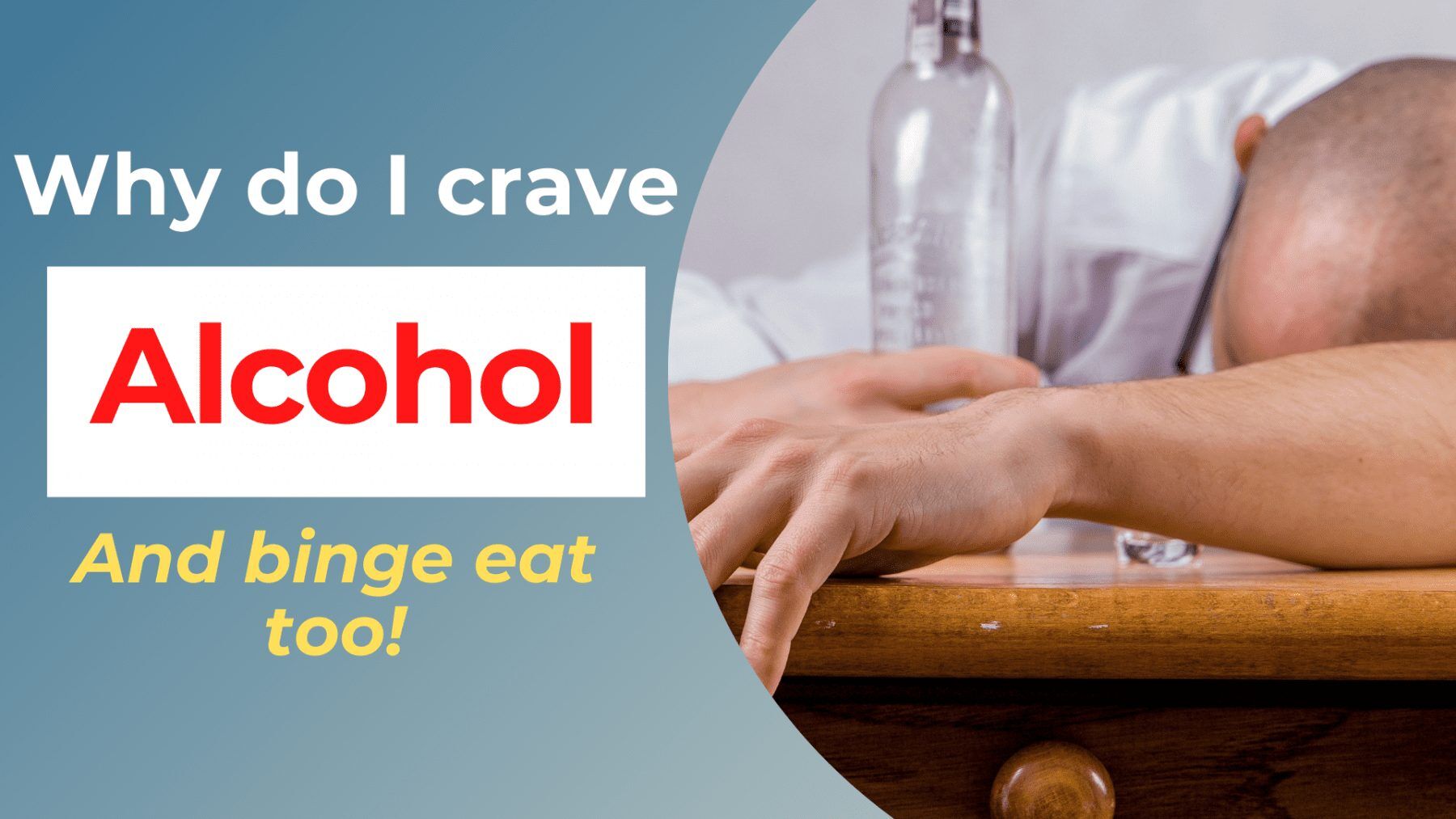Ever wonder, “Why oh why, do I crave alcohol?”
If you’ve ever wondered about your alcohol cravings, please know cravings in general are a common problem that can be difficult to overcome.
A craving is an intense desire for something specific. It could be anything from chocolate to coffee, and in this case it’s alcohol.
This blog post will explore why you might have a craving for alcohol from the perspective of cues and trigger points.
(Please note that in some parts of this article I also talk briefly about food bingeing. There are striking similarities between all substance use cases.)
Let me know in the comment section what you think.
Why do I get alcohol cravings?
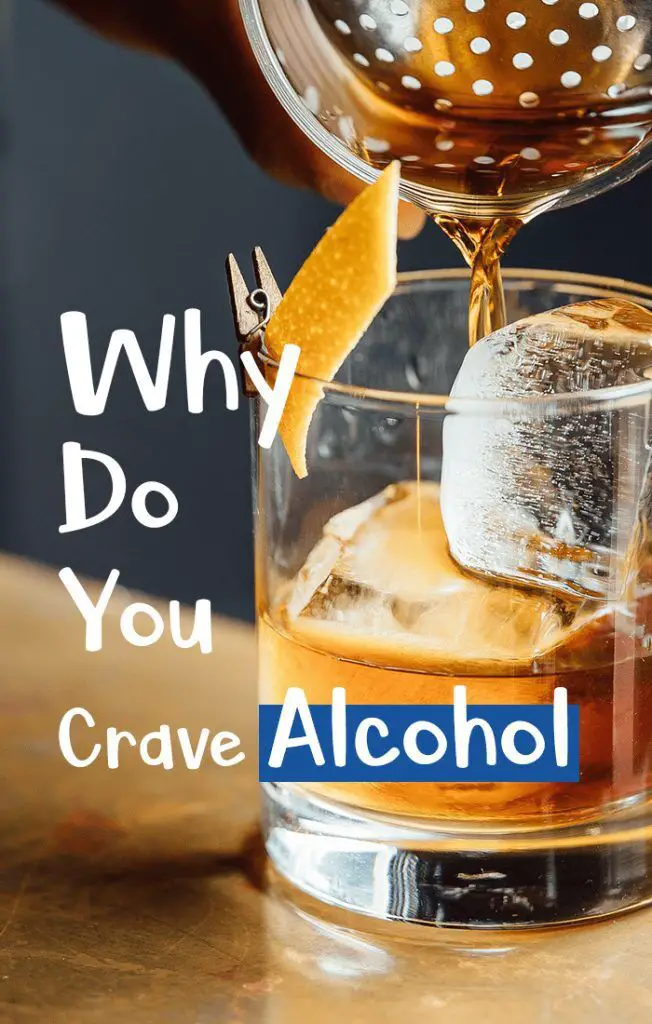
In the beginning alcohol is just like any normal drink.
You only have a few drinks here and there. You may even feel like you can stop drinking on your own, but why would you? It’s been fun! But you still tell yourself that you can stop.
That is, until the cravings start to hit…
Somehow, now alcohol has become something you need. Almost as important as sleep.
There are many reasons why alcohol can transition from a casual occurrence to a craving:
- Alcohol has become part of your social life or identity.
- Alcohol is an easy distraction from your problems or emotions.
- You feel you need to drink when stressed, bored, happy or sad.
- Your drinking has become a habit and lifestyle.
Eventually alcohol cravings cause disruptive behavior. This is when we start speaking about alcohol addiction, alcohol use disorder or substance abuse.
But what is the nature of craving?
If you’re wondering about how cravings work, read why …
Your brain is to blame for cravings
Cravings are actually a memory of a past “reward” or good feeling.
When you drink your brain is flooded with “feel good” chemicals like dopamine.
This is why your problems temporarily go away. Dopamine drowns them out!
After you finish drinking your emotional brain remembers the “high” of drinking.
Even if you black out from drinking too much alcohol and don’t remember anything from last night …
Your emotional brain will still have biological residue from the dopamine release.
Your emotional brain will still remember how good you felt drinking, even if you don’t consciously remember drinking!
Then after you sober up you now have a memory.
And so this memory lays dormant in your brain.
It’s this memory lying dormant in your brain which causes relapses, which is why you may want to learn more about rehab centers Indianapolis!
Relapse and cravings (nearly the same for both food and alcohol)
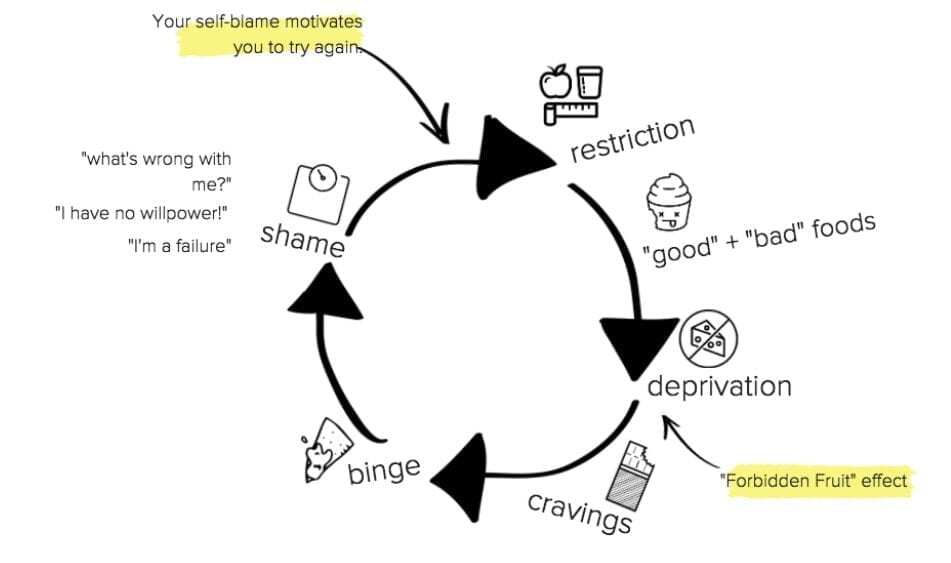
Approximately 50% to 95% of people who get in treatment for alcohol use disorder will relapse within the first four years, according to the National Institute on Alcohol Abuse and Alcoholism.
Why do people relapse?
Well, most of the time people try to use self-control to manage their cravings.
But they don’t realize cravings happen because of emotions.
Very simple, bad emotions cause alcohol cravings. Because you crave to feel better.
Eventually, you’re miserable for whatever reason. You have too many bad feelings.
Because of too much work or improper boundaries in relationships.
Or maybe you’re worried all the time about money.
Eventually, for whatever reason, you become miserable emotionally and start craving alcohol.
The craving is for your memory of alcohol. Your brain craves to feel better.
You’re getting alcohol cravings because your emotional brain is miserable …
At some point a “cue” reminds your emotional memory of the past dopamine from alcohol. And your emotional brain is in charge – not your rational brain.
What is your cue?
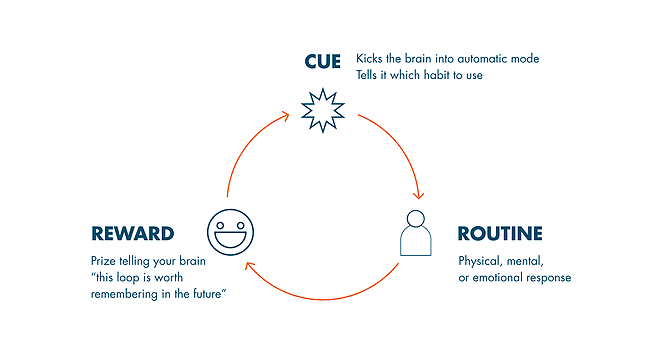
Cues to start drinking alcohol can be anything.
Many cues are external and environmental. Like your friend calls you to hang out.
Your friend is not you. Your friend is an external cue.
Some cues are more powerful than others.
You might see an advertisement, which is an environmental cue.
Along with external cues, you also have internal cues. Like you have some physical sensations in your body of anxiety.
(In cases of binge eating people commonly feel hunger and anxiety.)
Another internal cue is your thoughts. You can think of common thought patterns like “Oh, just one drink.”
The memories in your emotional brain become triggered when there is some combination of internal and external cues.
Once your emotional brain is triggered, then the emotional reasons to drink outweigh logical reasons to control yourself not to drink.
At this point your conscious mind turns off.
One drink leads to another …
How to deal with cravings for alcohol?
In a nutshell, you have to see firsthand for yourself …
In part by studying your various cravings on an internal level …
Like seeing directly for yourself what is causing this craving in terms of how you feel inside.
Sometimes before people drink if they feel shame (internal cue).
Other times the internal cue could be boredom.
So think about it, what internal cue causes your emotional memory of alcohol to flare up?
And you also need to study your cravings from the external cue perspective.
You must also know the external cues too!
What friends or co-workers interact with you, and how, “before” you relapse?
Or even situations like feeling lonely.
Maybe you have the day off of work and nobody is around. This is an example of both an external cue and an internal cue.
So you must know your cues and what triggers you to drink.
Here are examples of internal and external cues (there can be multiple cues & different for every person!):
Internal Cues:
- Shame
- Boredom
- Thinking about work
- Exhaustion
- Not enough sleep
- Feel bad about relationship or something you said
External Cues:
- Friend calls you to go out for drinks
- You see an ad on the internet advertising a happy hour party at your favorite bar downtown.
- Yelling, conflict in family or friends
What makes you reach your trigger point?
Various factors and cues combine to move you to your trigger point.
Your friend calls you after a stressful day of work. You’re hungry and haven’t slept well.
Plus, your husband just texted but basically ignored you.
“Screw it”!
“I deserve a drink!”
Do you see how many external and internal cues combined right here?
We have thoughts. Emotions. Situations. Relationships.
What makes up your set of clues is pretty complex!
Why we at Eating Enlightenment write and journal
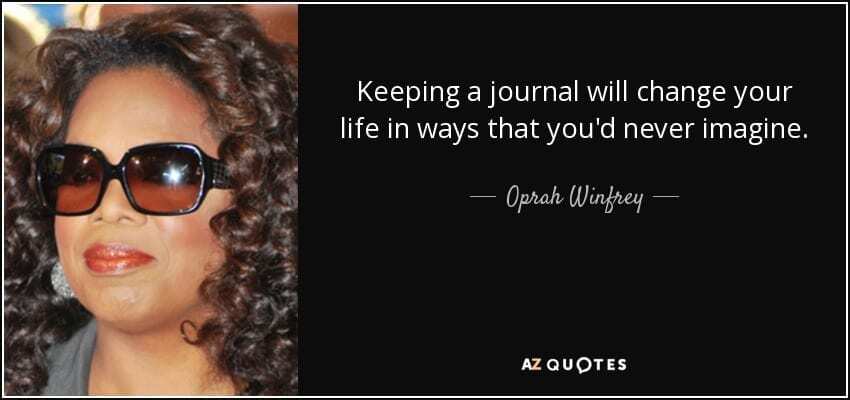
When you start practicing journaling before you eat (or drink) …
Then you gain a record of your triggers.
You are able to “study” your internal and external factors causing you to drink.
(Side note – bingeing is a little different than alcoholism because with food there’s much less withdrawal.
It’s easier to stop bingeing than it is to stop drinking, in my opinion.
You have to eat food, but you don’t have to drink alcohol. Obviously both are tough but this is just my perspective).
Accountability is super important
Then you have to study this journal record of your internal and external cues.
There’s no right way to study. How do you study?
Do you study best alone?
Or do you study best with others?
If you’re inclined to study with others, you may ask the Eating Enlightenment community about their triggers, or share your triggers to see if anyone can relate.
As long as you study, that’s what counts.
Accountability can really help with this first step because oftentimes noticing your internal and external cues can be emotionally upsetting.
Because when you write your cues, they are right there in front of you. You must face them.
Alcohol (and food in the case of bingeing) made you numb – so that you wouldn’t have to deal with your internal cue of anxiety.
Now you are facing this anxiety …
And it can be very overwhelming.
How do you deal with emotions when they are too upsetting?
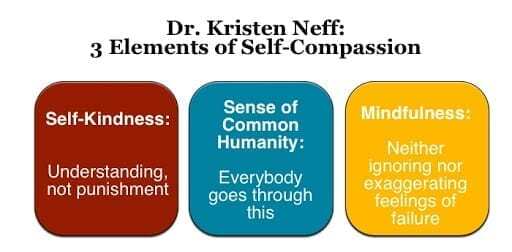
This is where compassion, or inner child work, becomes very important.
This is step 2 in the Eating Enlightenment system (for food, not alcohol use disorder).
After you have wisdom around your cues behind alcohol craving …
Now you are ready for compassion.
Compassion is how you learn to manage your emotions.
Compassion is the “medium” to your inner child.
Compassion is the love that makes healing and tolerating your emotions possible.
Now the beautiful thing about compassion is…
You already have compassion within, if you just try.
Tools for compassion
Here are a few brief tools for finding and growing compassion.
You need to use these tools when you are feeling a difficult emotion so that you don’t get overwhelmed by that emotion.
- Whisper to your inner child, “It’s ok to struggle, struggle is part of the journey.”
- Imagine breathing loving energy into the painful spot on your body
- Say to your painful emotions “It’s ok that this hurts. It is painful. Many other people feel this way too.”
- Place a hand on your heart and allow yourself to feel whatever painful cue is making you crave
Perhaps most important of all, compassion forgives us for not being perfect and for making mistakes.
We practice compassion when we try to deal with our alcohol cravings or food bingeing.
We speak to our emotions.
Yes, you can speak to your emotions.
Just try talking to whatever emotion / cue you wish.
“Hi Anger, how are you today? Can you tell me why you feel this way?”
In fact, one of the main reasons you crave alcohol and food is because you are NOT talking to your emotions.
You haven’t tried talking or listening to your emotions.
But your emotions are like little children within you.
If you don’t take care of this little child within you … Then this inner child will get scared and lonely …
And this little child will remember how good the dopamine from the alcohol and food made her/him feel …
Your emotional child brain will take over and make you binge.
So compassion is the bridge so that you can talk with your emotions.
Compassion is what allows you to keep building the relationship with your emotions.
Because you can forgive your emotions for being difficult.
Compassion is the glue that makes managing your emotions a skill that is possible to learn and be good enough at.
Why we crave concluding thoughts
We crave because we have cues.
A bunch of cues that we don’t know how to make sense.
So to fix this, we first have to make some sense of these cues, oftentimes through journaling and accountability.
After we are more present and not pulled by our emotions into automatic binges…
Then we are ready to practice compassion, again and again.
Let me repeat that. Compassion must be practiced again and again.
And so you practice compassion.
You heal the pain that is causing the bingeing.
You feel better …
So that when your friend calls it’s only an external cue, and it doesn’t trigger an internal cue.
So that when you feel bad, you acknowledge your exhaustion and take time to recharge.
If you don’t practice compassion then you’ll be blind to how bad you feel, and you’ll just keep trying to work so hard that you never have to fail ever again.
But failure is part of life.
And you will fail.
If you have compassion, then a failure can be just a small thing, that in the end can help you grow.
But if you do not have compassion then failure is intolerable, and fuel for more bingeing.
I hope you understand alcohol and food cravings and what you can start to do about them.


